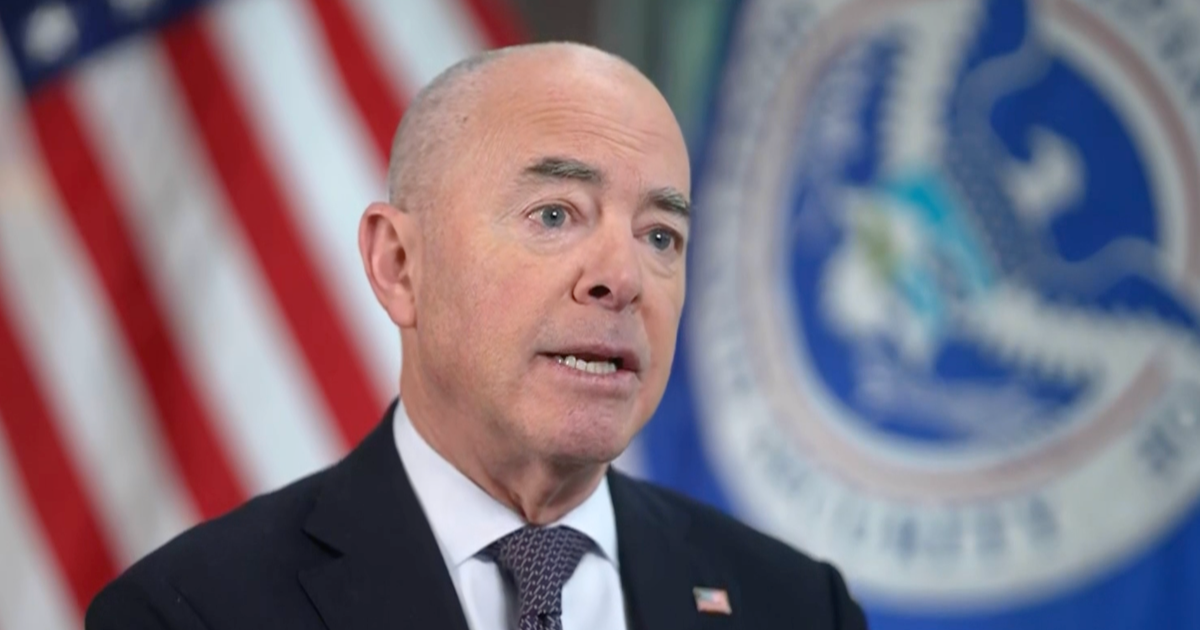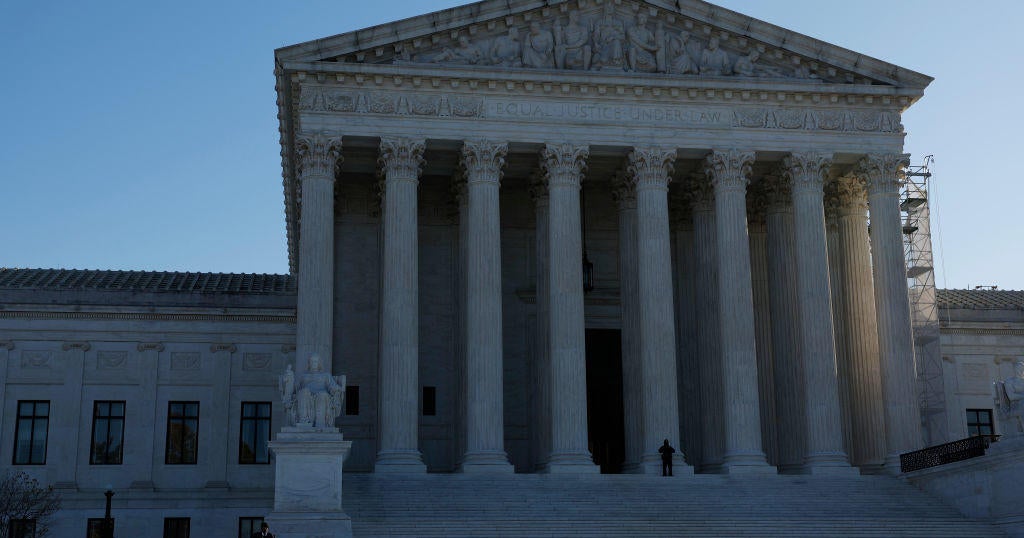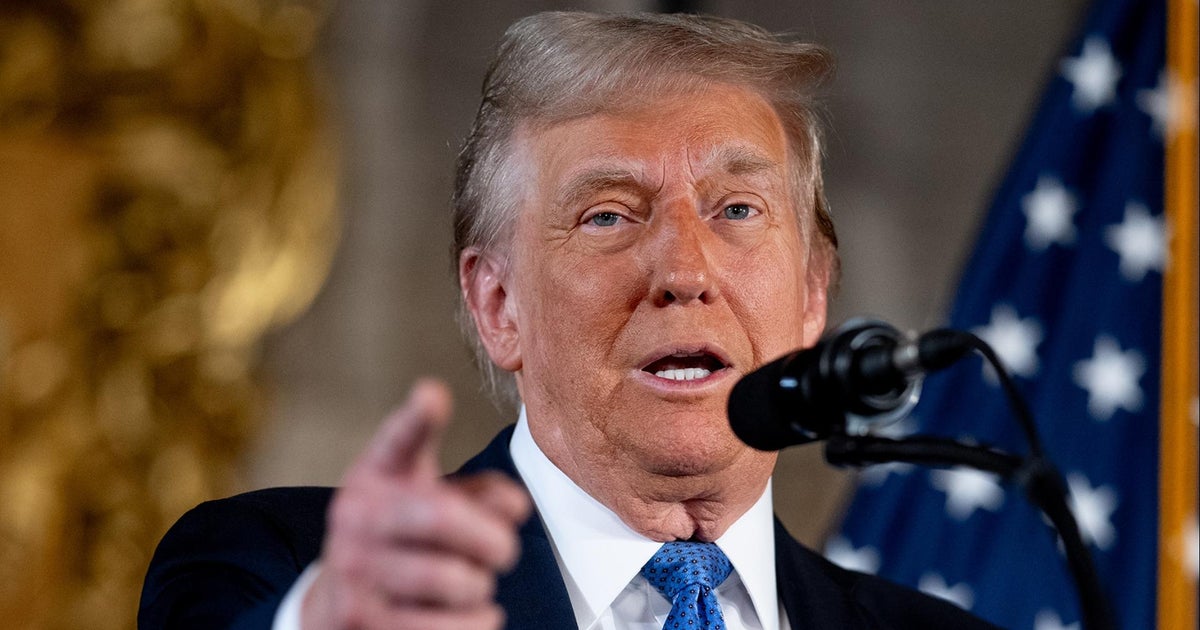Fauci explains why COVID is still surging in U.S. compared to other countries
The nation's top infectious disease expert, Dr. Anthony Fauci, as well as Centers for Disease Control and Prevention Director Dr. Robert Redfield and Assistant Secretary for Health at the Department of Health and Human Services Admiral Brett Giroir, testified before a House coronavirus panel Friday about the need for a national comprehensive plan to address the pandemic.
Fauci discussed why the U.S. has continued to see a surge in cases, while European countries have seen a sharp decrease. He explained that most European countries shut their economy by 95%, while functionally the U.S. only shut its economy down by 50%. Fauci observed that some states followed CDC guidelines when they reopened, while others didn't, and this has led to a surge in cases in many southern and western states.
"There are some states that did it very well, there are some states that did not," Fauci said. Despite the recent resurgence in COVID-19, Fauci said, "I think that things are significantly different and improved now," thanks in large part to increased testing.
Fauci also expressed optimism about the development of a vaccine in the near future.
"It's reality. I think it will occur," Fauci said, adding that the "rapidity" of developing a vaccine did not mean sacrificing safety or scientific procedure. He expects that "within a reasonable period of time," all Americans will receive a vaccine, although distribution is likely to occur in phases.
Fauci also had a somewhat contentious back-and-forth with Republican Congressman Jim Jordan, who aggressively pushed the doctor on whether the government should "limit" recent protests against racial violence.
"I'm not going to opine on limiting anything," Fauci said. "I don't understand why you're asking me as a public health official who should get arrested or not."
Fauci did not comment specifically on the safety of attending rallies, but said that any event where there is little social distancing and limited mask use could result in the spread of the virus.
"Any crowd, whether it's a protest — any crowd of people close together without masks is a risk. And I'll stick by that statement. It's a public health statement. It's not a judgement," Fauci said.
In his opening statement, Giroir highlighted the importance of testing, but also emphasized the need for people to wear facial coverings, wash their hands regularly and practice social distancing. "We cannot test our way out of this or any pandemic," Giroir said. Redfield also discussed personal responsibility in his opening statement, but expressed hope that the country could come together to combat the virus.
"I am confident we will emerge a better, stronger, more resilient nation," Redfield said. He also said it was in the "public health best interest" for K-12 schools to reopen.
Redfield also briefly discussed a decision by HHS Secretary Alex Azar to direct hospitals to bypass the CDC and send all COVID-19 data straight to a database in Washington, saying he was not informed of this until after the decision was made.
Fauci, Giroir and Redfield, according to their prepared written remarks provided to the committee ahead of the hearing, do not see the coronavirus dissipating soon. "While it remains unclear how long the pandemic will last, COVID-19 activity will likely continue for some time," they state. Because scientists are uncertain about the impact COVID-19 will have during the influenza season, they also stressed the need for Americans to get their flu vaccinations.
"In the context of likely ongoing COVID-19 activity, getting a flu vaccine is more important now that ever," their testimony says.
However, their outlook for the development coronavirus vaccine remains positive. A number of companies have been making progress in clinical trials, and their prepared testimony says "there is growing optimism that one or more of these vaccine candidates will prove safe and effective by late 2020 or early 2021."
The hearing comes as states nationwide are battling a surge in coronavirus cases. The U.S. this week surpassed 150,000 coronavirus deaths and has now seen more than 4.49 million cases.



